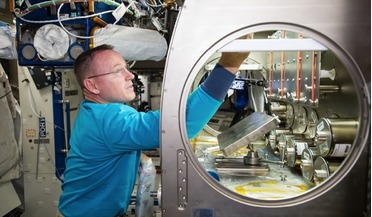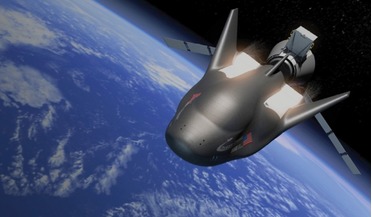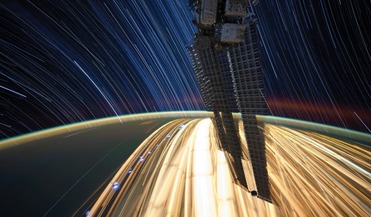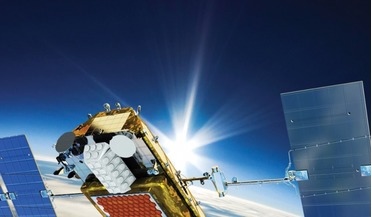 November 2016
Microgravity and space research: Bringing the commercial market into focus
November 2016
Microgravity and space research: Bringing the commercial market into focus
... discovered a more effective way of combating Hepatitis C with fewer medical side effects. Since then it has received US Food and Drug Administration (FDA) approval to bring a new drug to the market. Microgravity has also greatly benefitted...
 January 2017
Mini space station for mice to study effects of reproduction in reduced gravity
January 2017
Mini space station for mice to study effects of reproduction in reduced gravity
... to Earth gravity and microgravity controls. Individual mouse enclosure aboard MICEHAB designed for delivery of water and food, exercise, and nesting. Supports waste removal, ventilation, lighting, and cameras for health and science observations...
 February 2017
UN strategy lifts capacity for non-spacefaring countries
February 2017
UN strategy lifts capacity for non-spacefaring countries
... can be on any topic that supports the fulfilment of the Sustainable Development Goals, such as studying climate change, food security, global health, or water resources. In other words, UNOOSA, thanks to the United Nations Dream Chaser mission...
 September 2017
Spaceflight studies support geriatric health on Earth
September 2017
Spaceflight studies support geriatric health on Earth
... There is growing evidence that there is a strong association between risk of frailty and inadequate intake of food in elderly people (Martone et al., 2013). Malnutrition results in functional decline, increased morbidity, preterm dependency, more...
 November 2017
Geospatial maritime solutions
November 2017
Geospatial maritime solutions
... authorities. By fusing AIS and geospatial products from commercial providers, we are able to add value for many. Food insecurity, commodities tracking, fuel conservation, efficient route and port management, fishing and environmental protection and...
 November 2017
Radiation protection for space colonists and travellers
November 2017
Radiation protection for space colonists and travellers
... crew of long-distance missions to Mars. Supplies, equipment and launch and re-entry seats, as well as water and food will be used to protect the crew by creating a temporary shelter in the aft bay of the spacecraft, which is the...